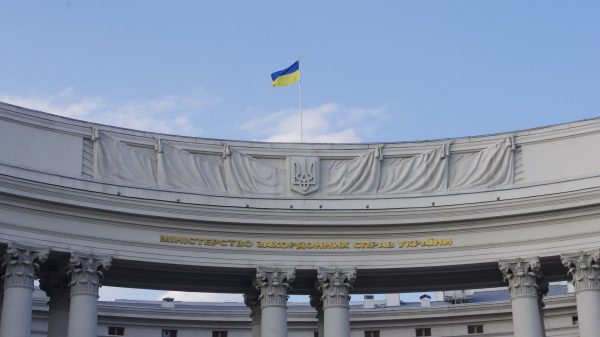
Get your annual tax summary from HMRC and you'll see that 10 per cent of what the government takes from you goes to state pension. .
It appears that you, the taxpayer, have saved a substantial amount of money to protect yourself in retirement.
The phrase National Insurance Contributions (NIC) suggests that this tax goes into a fund that will be used to pay your State Pension when you retire or to help pay benefits if you need them.
Unfortunately , anyone who has this impression is greatly mistaken. No money is saved — taxes and NICs paid to HMRC today go straight out the door to pay pensioners currently claiming pension benefits.
Pensioners of every generation rely on the taxes of younger workers, treaty between generations, based on constant participation.
In the second of our three-part series on the future of the state pension, we look at how the myth of the “state pension pot” has developed and what it represents. means for the country.
National Insurance is set to bring in just over £176 billion for the government in the coming financial year. The cost for pensioners — including the state pension, pension credit, housing benefits for pensioners and other support — will be £152 billion.
That leaves £24 billion that could theoretically be put aside for future pension benefits . However, it instead goes towards spending on health care, social assistance and any other parts of the state that need the money.
The lack of any real pension pot is a problem. The UK population is aging, meaning that the number of pensioners is growing.
The state pension is rising at the same time, thanks to the increasing triple lock effect.
In the current environment, taxpayers will be forced to cover in the short term expenses. The Office for Budget Responsibility (OBR) estimates National Insurance payments will rise by £25 billion by 2028-29 as frozen thresholds during a period of high inflation force more workers to pay tax.
Pensioner payments will rise by around by £20 billion over the same period, meaning the books will balance.
How long this arrangement will last from a political perspective, however, remains an open question.
Increased National Insurance revenues are causing the tax burden to rise to levels not seen since the Second World War. This issue is becoming more politically toxic every day.


























































Свежие комментарии